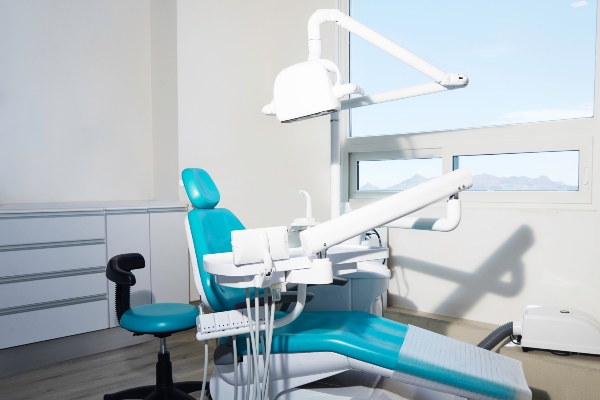The Relation Between Bisphosphonates and Osteonecrosis of the Jaws

According to an article in the Annals of Internal Medicine, osteonecrosis of the jaws is a recently described adverse side effect of bisphosphonate therapy. To understand what this means, we first need to explain what osteonecrosis of the jaws and bisphosphonates are.
What are bisphosphonates?
Bisphosphonates are a type of medication used to prevent the loss of bone density. They are commonly prescribed to treat osteoporosis or other conditions affecting the bones, such as multiple myeloma and Paget's disease. These medications work by inhibiting osteoclastic bone resorption. More and more research has suggested that bisphosphonate use, especially through intravenous means, may be associated with osteonecrosis of the jaws.
What is osteonecrosis of the jaws?
Commonly referred to as ONJ, osteonecrosis of the jaws is a severe bone condition that occurs when the jawbone does not receive the appropriate amount of blood and begins to die. The primary symptom of ONJ is bone exposed through the gums that does not heal for several weeks. Other symptoms include pain, swelling, redness or other signs of infection in the gums.
Risk factors
Only a small number of patients taking bisphosphonates will develop osteonecrosis of the jaws, but there are certain risk factors that may make a person more susceptible. The article mentioned above suggests that patients with multiple myeloma and metastatic carcinoma to the skeleton, who are receiving intravenous, nitrogen-containing bisphosphonates, are at the greatest risk for developing the condition.
However, it has also been identified in patients with osteoporosis. Those whose dosage is lower, such as patients taking oral bisphosphonates, may have a lower risk of developing ONJ than those patients on IV therapy. The overall risk may be slightly higher in people who take bisphosphonates and require invasive dental procedures such as tooth extraction or dental implants.
According to the American College of Prosthodontics, other risk factors include advanced age, diabetes, gum disease and smoking.
Treating osteonecrosis of the jaws
Patients are commonly treated with rinses, antibiotics and oral analgesics. More severe cases of ONJ may require surgery. While there is not currently any published evidence to support or oppose discontinuation of bisphosphonate therapy once osteonecrosis develops or before required dental surgery, patients may benefit from bisphosphonate withdrawal.
Preventing osteonecrosis of the jaws
Maintaining good oral hygiene and regular dental care is the best way to lower the risk of developing osteonecrosis of the jaws. Patients should be sure to inform their dentist that they are taking bisphosphonates so they can routinely check for symptoms of ONJ, and dentists should opt for non-invasive dental treatments when possible, such as performing root canal therapy to save a tooth rather than extracting the tooth.
Conclusion
Bisphosphonate-associated osteonecrosis of the jaws is a newly recognized condition that is still being researched to help us better understand why it occurs and how to prevent it. Whether you are at a high or low risk based on the known risk factors listed above, it is important to let your dentist know if you are taking bisphosphonates before any kind of dental treatment. Call our office today if you believe you are experiencing symptoms of osteonecrosis of the jaws.
Request an appointment here: https://www.ohiocosmeticdentists.com or call Ohio Cosmetic Dentists at (614) 503-5240 for an appointment in our Columbus office.
Check out what others are saying about our services on Yelp: Read our Yelp reviews.
Recent Posts
A tooth abscess is an infection that begins in the mouth and can spread to other body regions. Gum disease and tooth decay are often the outsets of a spot. A tooth abscess is much more likely in those with poor oral hygiene habits. Anyone experiencing the condition should visit the emergency dentistry office as…
An emergency dentistry facility can treat mouth injuries right away. The treatments aim to reduce discomfort and prevent any lasting complications. Many different dental traumas happen to people every day. Learn how a trained dentist can help, so you can become more determined to look for the nearest facility in your area.Here are the details…
Implant supported dentures are hybrid restorations that combine dental implants with dentures as a solution for missing teeth. Traditional dentures are the most economical way to replace missing teeth, but these devices are prone to shifting in the mouth. This can lead to sores forming inside the cheeks and the dentures falling out when eating…
You may require emergency dentistry services if you experience severe discomfort, severe bleeding, tooth damage, swollen gums, or extreme tooth sensitivity. If one or more of these symptoms exist, you should contact a local dentist offering emergency services to find the appropriate action to take.The following reviews the most common signs that indicate a dental…


